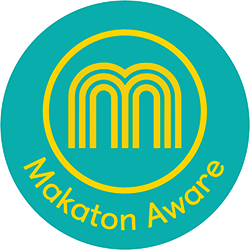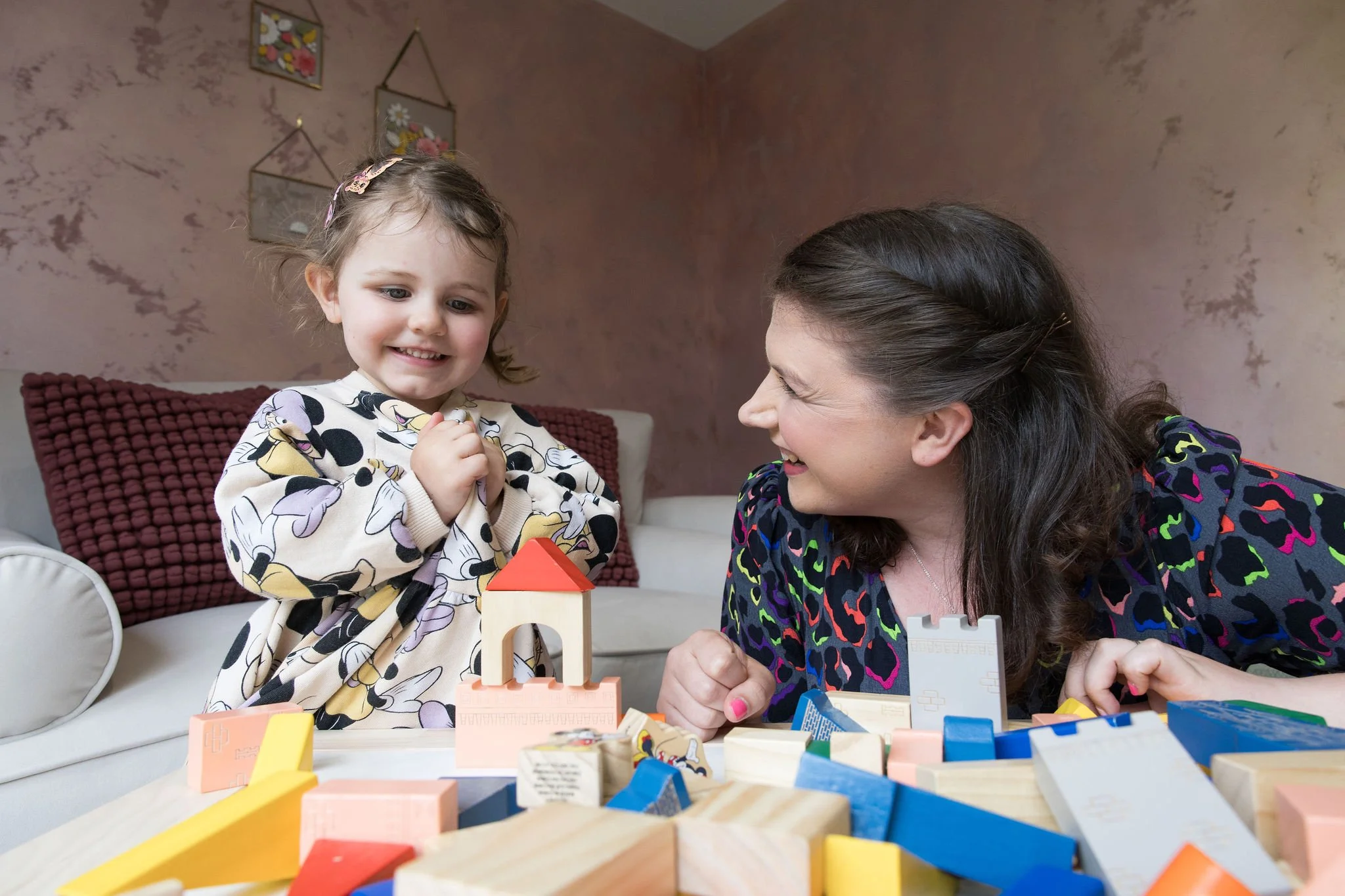
Our Parent and Carer Services
How We Support Parents and Carers
We’re here to provide practical, compassionate support tailored to your family's needs. Discover how our services can help you navigate assessments, reports, and more to support your child's development and education.
Understanding Your Needs: We listen to your concerns and work with you to understand what’s best for your child’s unique needs.
Collaborative Support: We partner with you to create actionable plans and solutions that fit your family’s situation.
Expert Guidance: We provide clear, expert advice to help you navigate assessments and educational processes with confidence.
How We Can Help
We can complete a full battery of assessments to give an overall picture of a child’s strengths and barriers to learning. Through a full assessment, learning needs can be diagnosed if appropriate.
Full Assessment of Need
-
£600
Reports for Education, Health, Care Needs Assessment
A full Educational Psychological report for the application for an EHCA. Our reports follow the guidance and format outlined by Local Authorities and include outcomes and provisions.
-
£1000
Attendance at your child’s Annual Review to support you and your child to ensure outcomes and provisions remain up to date and relevant to your child.
Review of Education, Health Care Plan
-
Please contact us
Have questions or need more details about our services or pricing? Get in touch with us today!

An Educational Psychologist (EP) is a trained professional who understands how young people learn, behave and interact.
They help children and young people who may be struggling with learning, friendships, emotions, or preparing for the future. Through assessments, conversations, and sometimes activities, an EP gathers insights into a child's strengths, challenges, and how they can be best supported.
The goal is to ensure the right support is in place to help them succeed in school and reach their personal goals. EPs value the young person's views and aim to understand how they work best and what changes they would like to see.
What Is an Educational Psychologist (EP)?
Understanding Our Approach
-
Educational psychologists are often asked to become involved in supporting a young person when things seem stuck or when there is a feeling something is getting in the way of the young person feeling happy, settled, and able to learn.
A young person will typically be referred to an educational psychologist by the school’s SENCo (usually after several cycles of planning and intervention), or by a parent, or sometimes as part of a statutory process such as an Education, Health and Care (EHC) assessment. It’s always a good idea for the referrer to work openly with parents, school staff, and the young person so that everyone has a shared understanding of why a young person is being referred.
An educational psychologist can’t see a young person under the age of 16 without the informed consent of an adult who has parental responsibility for the young person. The parent/carer must therefore complete a consent form before anything else can happen.
For young people aged over 16, a decision regarding their capacity to give consent will be made by those who know them well. For all children from Key Stage 2 age, informed consent is requested, which means an adult should discuss with the young person who the educational psychologist is and why they are coming to see them (if they are).
Once a consent form has been completed, the educational psychologist will often request further information from parents/carers and school through a combination of referral form and questionnaires. They will then discuss a plan with the referrer.
Every plan is different, but it will often include direct work with the young person, and will always involve discussion/s with the adults around them (including parent/carers). Once a plan has been made, this will be communicated to parents/carers and dates for the work to be carried out will be agreed. In most situations, a report or consultation record will be produced by the educational psychologist following their involvement. This will always be shared with parents/carers and the commissioner of the work (i.e. usually school or the local authority).
-
Parents and carers are the experts on their children but the EPs knowledge and experience of your child will be an essential part of the assessment and their input is crucial in any plan moving forward.
The educational psychologist will want to find out about things like:
The child’s early development
Their family background
The parent/carer’s view of their child’s difficulties
The child’s strengths
How the child is at home, particularly in terms of the concerns that are being experienced in school
Any sort of help the parent/carer has been able to offer the child
Any input from other professionals
The parent/carer’s opinions about their child’s progress and the sort of help that may be needed
If it helps, parent/carers may bring a relative or friend to the meeting with the educational psychologist. Before the meeting, parent/carers may find it helpful to jot down or collect any information to take to the meeting, or to make a note of any questions they might want to ask. They can also make notes during the meeting.
-
EPs work in a number of different ways. The EP will talk to staff who know your child well in their school/setting, and they may watch a lesson, activity or playtime. They will want to talk to you as well. They might do a joint home – school consultation – this is a joint meeting with parents and key members of school staff, where strengths and difficulties are discussed, and actions are jointly agreed to support your child.
Sometimes, the EP will carry out some assessment work with your child, in order to find out more about your child’s strengths and areas of need. Sometimes, a conversation about a situation is enough to help the people involved to identify how to improve it. This will help the EP understand what the useful next steps for your child would be.
✺ Frequently asked questions ✺
-
An EP might see your child for many different reasons; for example, you or your child’s teacher might feel that your child needs some help with learning, communication, behaviour, or with their emotional well-being.
-
Through working with the people who know your child best, the EP will help develop a plan of action. This plan may include things you can try at home and things that can be tried in the school or setting. There may be a few things or a long list to help your child in lots of different areas.
-
No. Over the years, I’ve worked with many children who have not been attending school for a variety of reasons. I have previously seen children at home, in Alternative Provisions, at play group, youth group, and even in the park. I can work wherever the young person is most comfortable, although, as an educational psychologist, I am always interested in seeing where they do their formal learning. If they are not currently attending school for whatever reason, it is often helpful if I can see them interacting in different ways with different people, such as with siblings at home, or other people in a different setting. This helps to give a fuller picture of their strengths and needs.
-
No. Autism is a medical diagnosis that requires information and agreement from different professionals. For example, a speech and language therapist, a psychologist, an occupational therapist, and often a psychiatrist. Arise’s reports are often used as part of this process, but for the reasons stated above, I do not diagnose Autism by myself.
-
Yes and the type of written record, and the level of detail included will be discussed with you during the initial meeting.
-
We will store your child’s information confidentially and in a secure way, in accordance with data compliance legislation.
-
Please email us with information about the support you would like and some background information about your child. We will then contact you to arrange a free 15-minute consultation to best discuss the support you will need.
-
Please share the relevant one-page profile below with your child in order to prepare them for meeting with the EP. If the child would like a staff member present with them when they meet the EP, this can be supported.
See What Others Have To Say











